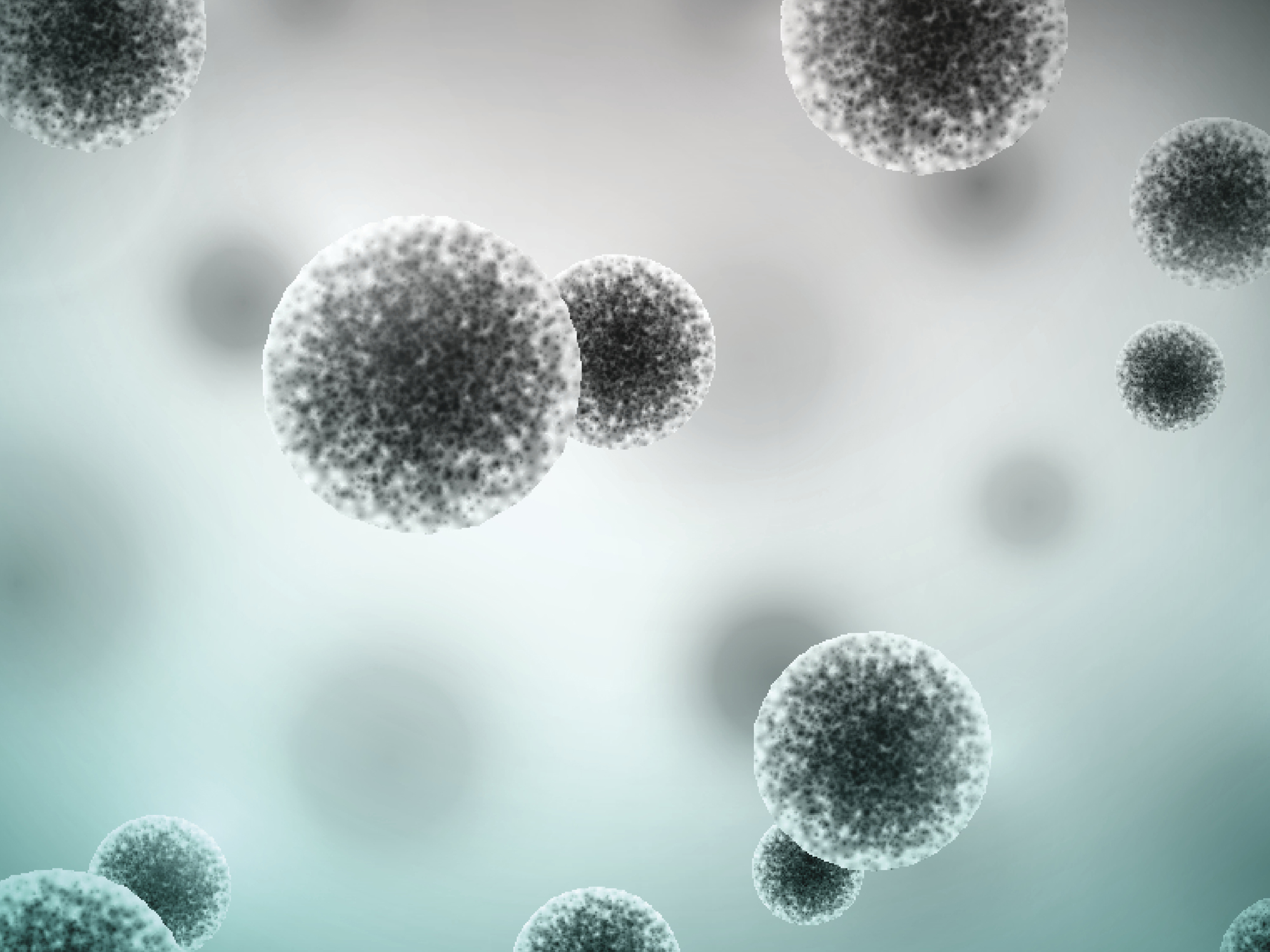Get Easy Health Digest™ in your inbox and don’t miss a thing when you subscribe today. Plus, get the free bonus report, Mother Nature’s Tips, Tricks and Remedies for Cholesterol, Blood Pressure & Blood Sugar as my way of saying welcome to the community!
The common virus linked to 6 kinds of cancer

There’s a common virus that’s been linked to at least six different types of cancer. Chances are you’ve had this virus, even if you’ve never had symptoms…
That’s because 90 percent of people worldwide test positive for it… and most of them are symptom-free.
It’s Epstein-Barr virus (EBV), the culprit behind the so-called teenage kissing disease — mononucleosis. I had mono when I was 16, and it was terrible. I was completely drained of energy and missed a month of school.
But that’s not the worst this virus has up its sleeve…
In recent years, researchers have linked it to cancer on more than one occasion. So far, they’ve linked it to two types of lymphoma, throat cancer, stomach cancer and connective tissue cancer. And they just added one more type of cancer to the list — breast cancer.
A study published in the journal EBioMedicine found that the Epstein-Barr virus binds to breast cells and infects them. This infection causes breast cells to act like stem cells and continuously divide. Researchers exposed the breast cells to EBV in a petri dish first. They then implanted the cells into mice and they noticed something alarming… these infected cells cooperated with cancer-causing proteins to cause breast cancer.
This means that case of mono I had as a teenager is not as harmless as I thought…
“We think that if a young woman develops Epstein-Barr during her teenage years or later, her breast epithelial cells will be exposed to the virus and can be infected. While for most individuals, there will be no long-term consequences, in some the infection may leave genetic scars and change the metabolism of these cells,” said lead researcher Gerburg Wulf. “While these are subtle changes, they may, decades later, facilitate breast cancer formation.”
If you haven’t already had Epstein-Barr (as far as you know), now is the time to start pumping up your intake of natural antivirals to protect yourself from this malicious virus with long-term consequences.
And that’s as easy as reaching for a familiar vitamin…
Vitamin D may be the most powerful natural anti-viral available. Research in Africa shows that it possesses such powerful immune-boosting benefits, that it can even help the body fight a virulent invader like HIV-1.
But why stop there? Other natural antivirals to protect you from Epstein-Barr include:
- Astragalus
- Echinacea
- Olive leaf extract
But what if, like me, you’re a woman who contracted Epstein-Barr in your young adult years? You may want to take your breast cancer prevention strategies extra seriously to decrease your risks by:
- Avoiding cigarettes and alcohol
- Eating a lot of fruits and vegetables, especially those with cancer-fighting vitamin C
- Not eating too much soy
- Avoiding hormonal birth control pills and hormone replacement therapy
- Steering clear of parabens and phthalates in personal care products
- Exercising for at least 30 minutes per day
- And maintaining a healthy body weight to avoid cancer-fueling fat cells
Editor’s note: Cancer in American is horribly outdated and ineffective. Dr. Michael Cutler’s guide, Surviving Cancer, is a compendium of natural cancer-fighting resources to help you AVOID cancer at all costs — including alternative therapies already approved in other countries, and foods, nutrients and supplements you should know about. Click here to get it today!
Sources:
-
Hu, M.L. Luo, C. Desmedt, S. Nabavi, S. Yadegarynia, G.M. Wulf, et al. :”Epstein–Barr Virus Infection of Mammary Epithelial Cells Promotes Malignant Transformation.” EBioMedicine, 2016; 9: 148.
-
“Epstein-Barr.” Andrew Weil, M.D. http://www.drweil.com. Retrieved August 1, 2016.
-
“Olive Leaf Extract.” Cure Zone. http://www.curezone.org. Retrieved August 1, 2016.
-
“8 ways to Prevent Breast Cancer.” Siteman Cancer Center. https://siteman.wustl.edu. Retrieved August 1, 2016.
-
“Eating Soy May Turn on Genes Linked to Cancer Growth.” BreastCancer.org. http://www.breastcancer.org. Retrieved August 1, 2016.
-
“Exposure to Chemicals in Cosmetics.” BreastCancer.org. http://www.breastcancer.org. Retrieved August 1, 2016.












